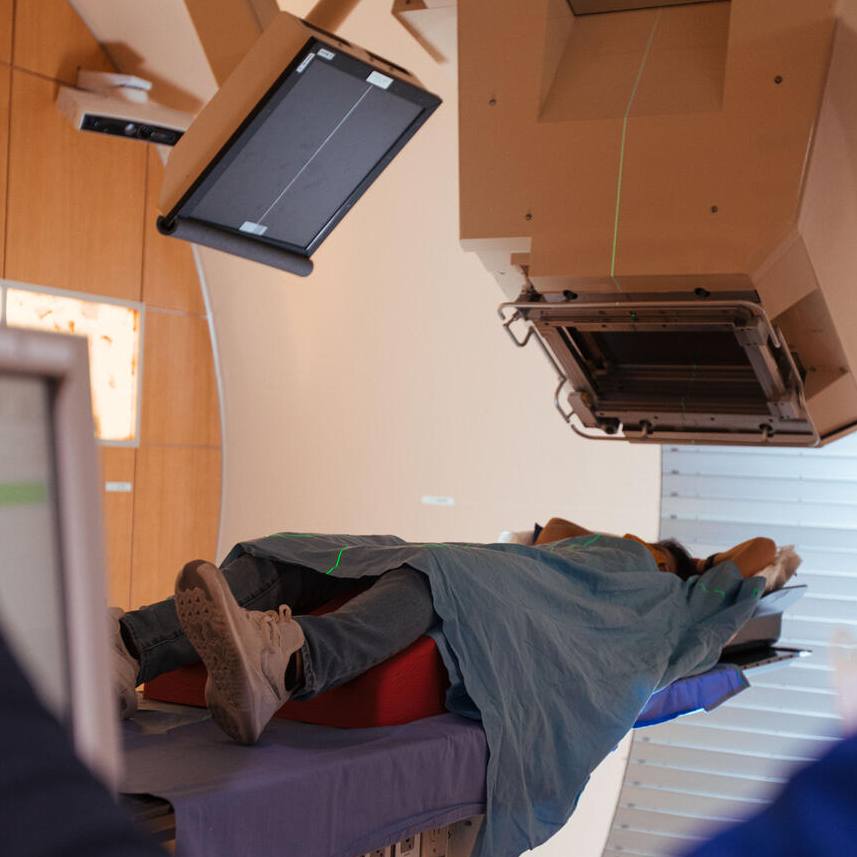-
Minnesota Partnership Awards New Grant to Study Myelodysplastic Syndrome
MINNEAPOLIS — Researchers from the University of Minnesota (U of M) in Minneapolis and Mayo Clinic in Rochester, Minn., have been awarded $1.35 million by the Minnesota Partnership to combat myelodysplastic syndrome (MDS), a cancer of the blood that impacts the way the human body develops blood cells.

The grant will tie together promising avenues of research at both institutions and aid in the development of new pilot studies that could someday result in new genetic predictors for MDS, as well as new treatment and therapy approaches.
"For years, the University of Minnesota and Mayo Clinic have both engaged in research that may result in dramatic improvements in how we diagnose, treat and manage MDS," said Julie Ross, Ph.D., University of Minnesota professor and director of the Division of Pediatric Epidemiology & Clinical Research in the Department of Pediatrics. "All of these approaches will have an impact on MDS, but they might also teach us important lessons that may be applicable to different types of cancers."
The latest Partnership grant will fund projects designed to:
- Identify genes that may be important in both MDS development and progression into leukemia. If researchers can identify these genes, they may be able to develop predictors that can signal which patients are most at risk of developing leukemia.
- Test new drugs that contain MDS antibodies to see if those drugs help reduce the number of MDS cells. If these drugs show promise, they could potentially be developed into new therapies for patients with MDS.
- Develop a new clinical trial testing the feasibility of enhancing a patient's own immune system by giving them natural killer cells from healthy people to help reduce the number of MDS cells.
"We are excited to collaborate with our colleagues at the University of Minnesota to advance our understanding and treatment of MDS," said Mark Litzow, M.D. a hematologist at Mayo Clinic. "Our goal is to improve outcomes and quality of life for patients diagnosed with this devastating disorder."
The Need
In patients with MDS, the bone marrow keeps trying to make more blood cells to make up for a deficit, but many of these cells die before they make it into the blood stream. Each year more than 10,000 people in the United States are diagnosed with MDS, and a third will go on to develop leukemia. The condition was formally classified as a blood cancer in 2001.
For reasons still unknown, Minnesota is home to some of the nation's highest rates of the condition, which can be inherited genetically but can also result from another event or illness.
Building on Partnership Support
Last year, Dr. Ross, and U of M pediatric hematologist-oncologist Erica Warlick, M.D., were awarded a $2.5 million, five-year grant to conduct the nation's first large-scale epidemiologic study of MDS. Partnership researchers will rely heavily on that study's sample data to push forth Partnership efforts.
Mayo Clinic has had a long-standing interest in the diagnosis and treatment of MDS and related disorders and over the years has published seminal studies on the biology and outcomes of patients with different subsets of MDS.
Both the University of Minnesota and the Mayo Clinic are designated as Myelodysplastic Syndrome Centers of Excellence by the Myelodysplastic Syndromes Foundation.
Media Contact: Joe Dangor, 507-284-5005 (days), newsbureau@mayo.edu







